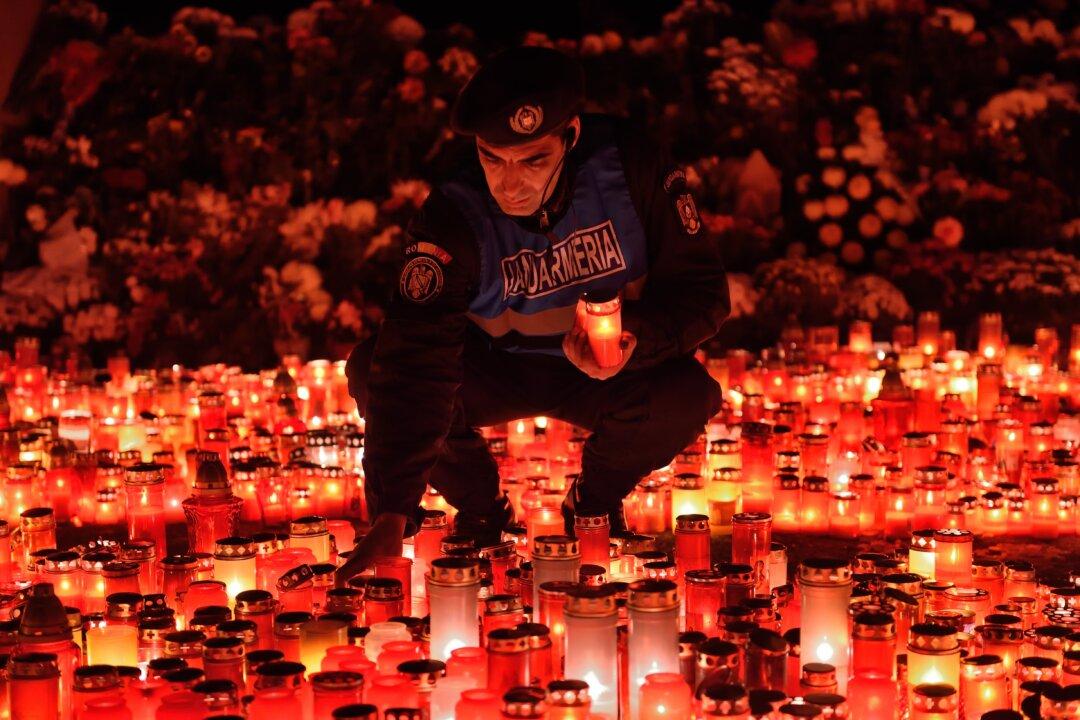It was a Friday night in Bucharest, and an album by metal band Goodbye to Gravity was being launched at a party in the Colectiv nightclub. Fireworks marked the end of the show. Less than two minutes later, the club was ablaze. Almost 150 people were wounded, many critically—and at least 39 died.
Romania fell into a state of shock. Then, as details emerged of what happened on Oct. 30, a collective sense of empathy gave way to popular rage against the system that allowed this to happen.
A collective sense of empathy gave way to popular rage against the system that allowed this to happen.
